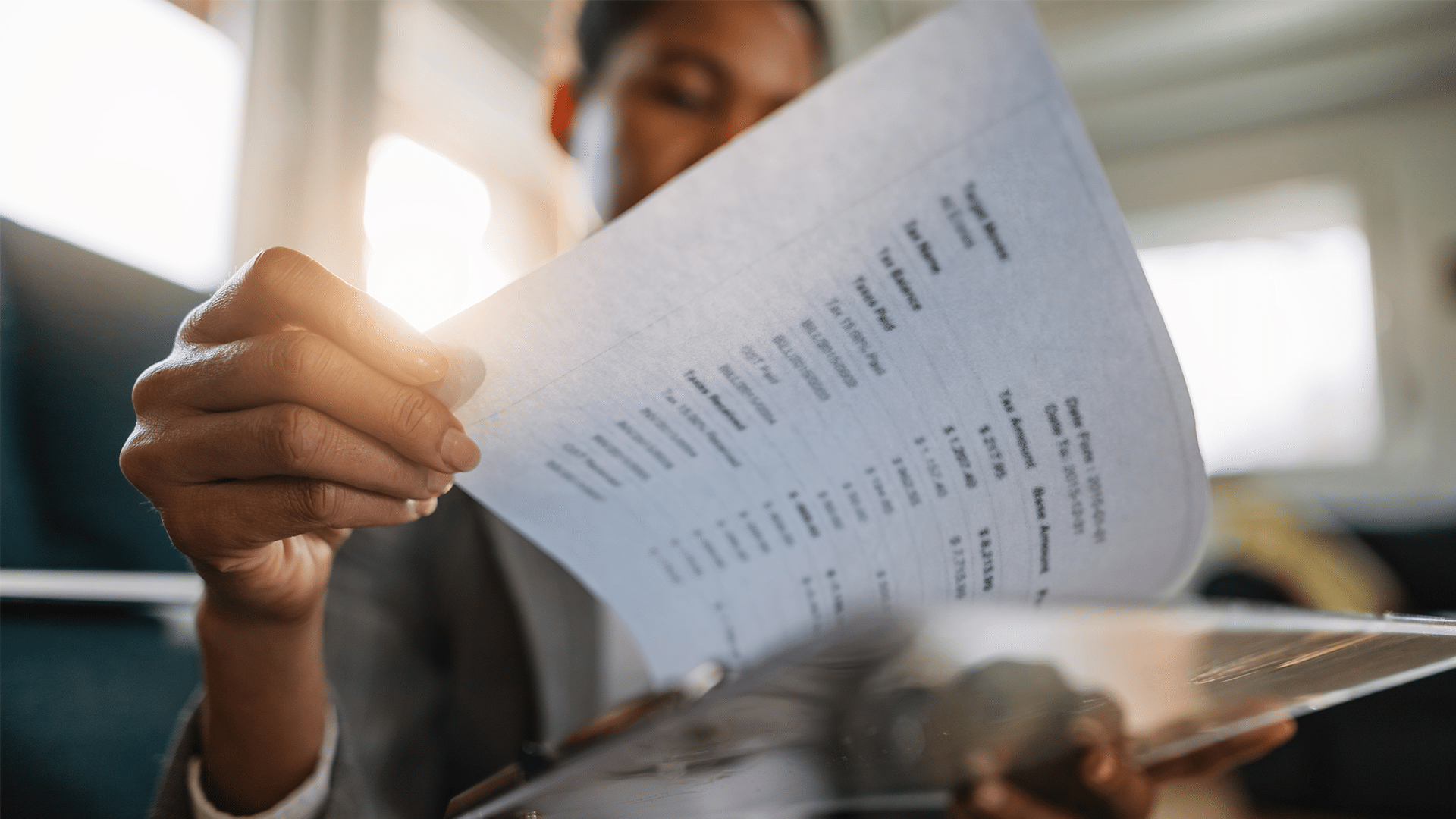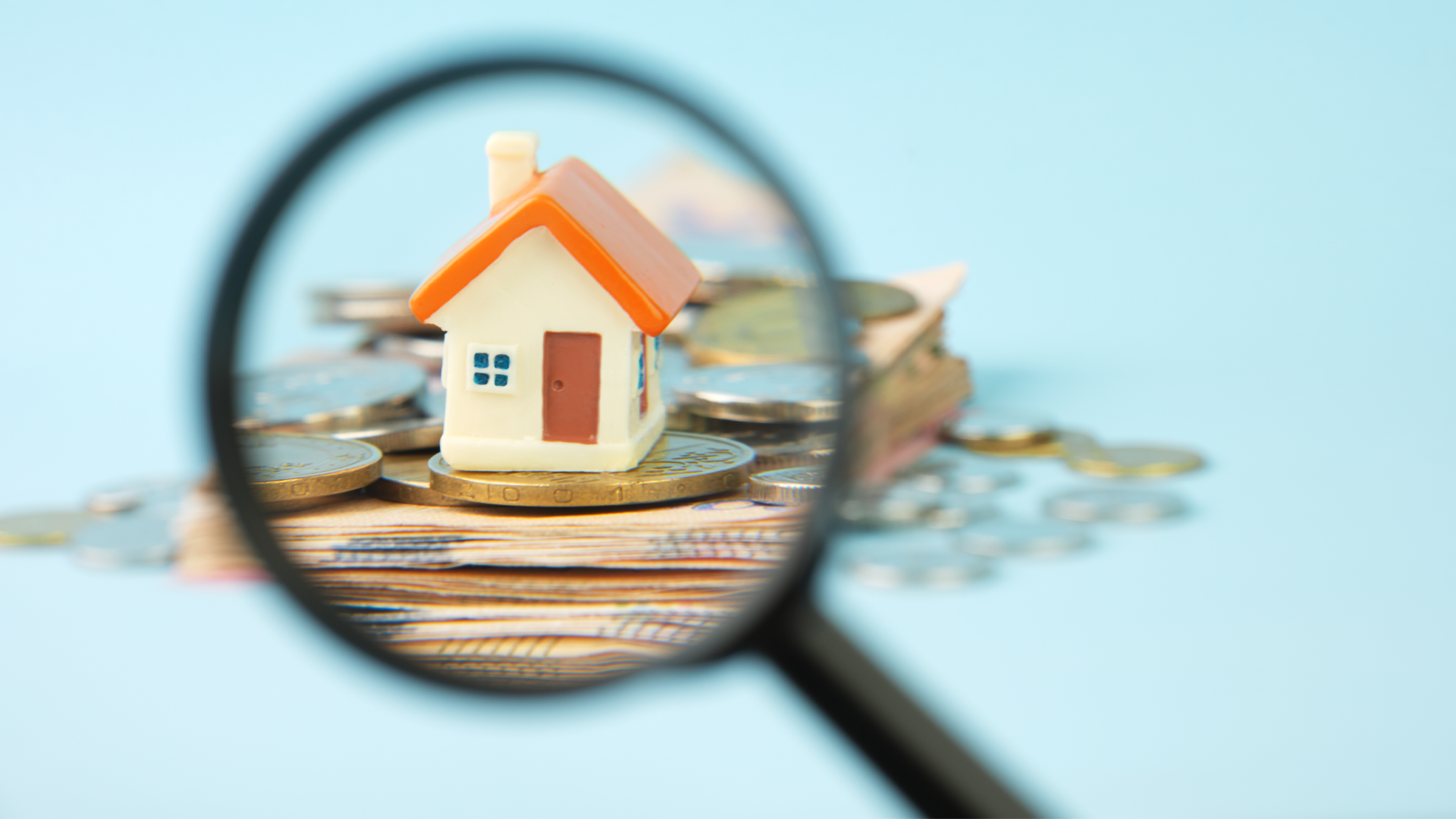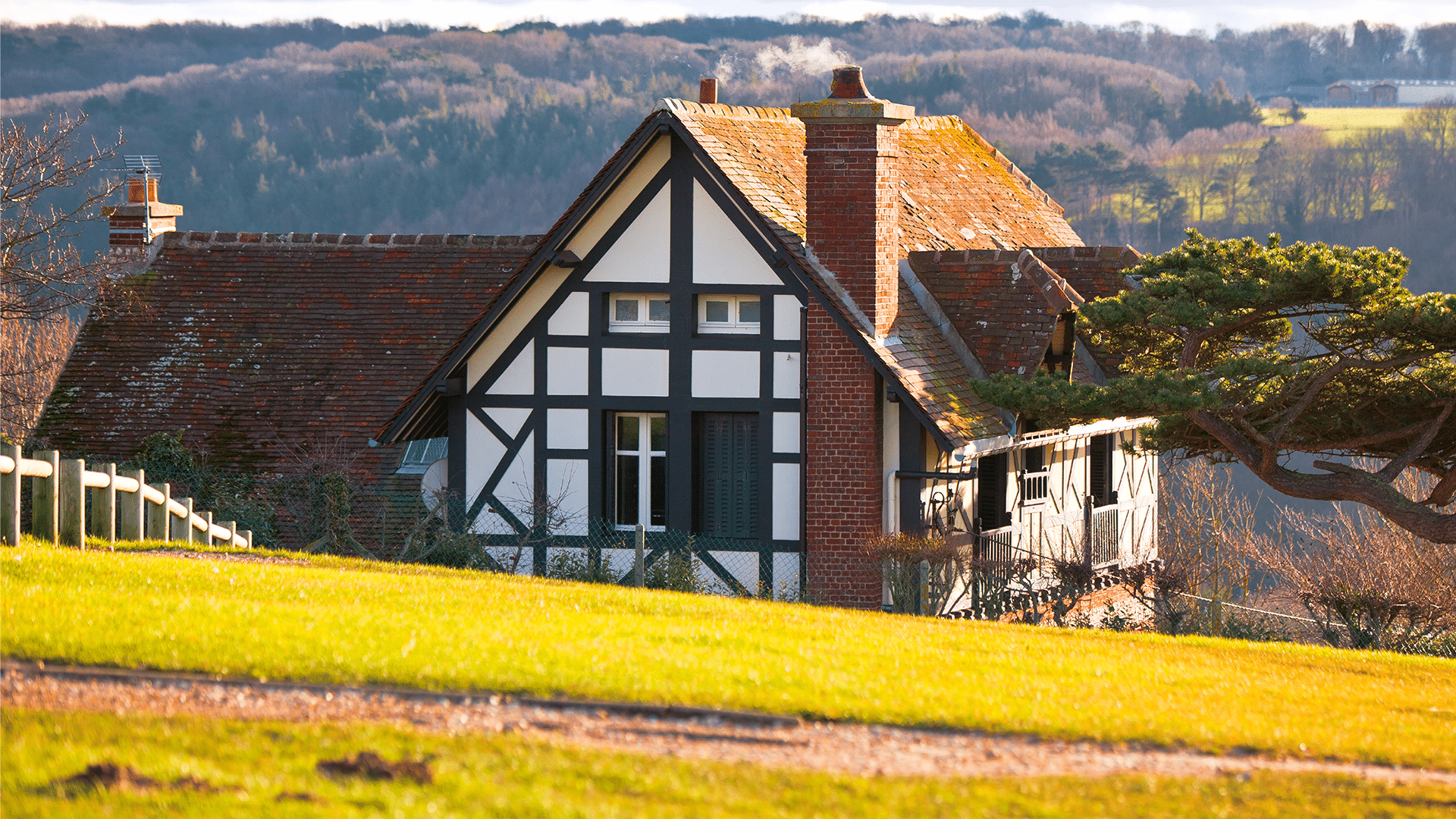When you’re inexperienced as a first time buyer in Cardiff and have never taken that initial step onto the property ladder, the process can sometimes be a stressful one. Luckily for you, it doesn’t have to be like that. To help put you in the best position for your next house viewing and to get ‘mortgage ready’, we’ve put together a list of nine questions that you should always ask when buying a house as a first-time buyer in Cardiff.
The 9 most common questions:
1. How much interest has there been in the property/development?
Taking out a mortgage will more than likely be the biggest financial commitment you ever make in your life. As such, you may find yourself wishing to take some time to think about your options and what you really want to do.
In enquiring with the vendor or estate agent about the amount of viewings that have taken place at the house, you’ll be able to more accurately predict how much time you have to properly think this through, before you make a definitive decision. Of course, if the property is receiving lots of interest, you need to be ready to make a final decision as soon as possible, so to avoid losing out to another buyer.
2. Is there a property chain?
A property being tied up into a property chain can have a huge influence on how your mortgage process will go down the line.
If there’s no onward chain (e.g. new home, bereavement or emigration), you’ll more than likely be able to move fairly quickly, especially if you’re not part of a chain either.
If there is no requirement for you to sell your own property in advance, then you’ll have more leverage as a buyer, as you won’t be holding up the home buying process for anyone else.
Be sure to use this to your advantage when entering into property price negotiations.
3. What’s included in the sale?
If you’re not buying a new build property, then the previous homeowner may have left some items behind when they moved out. We often hear about white goods (which can include things like washing machines, fridges, freezers etc.) or even garden sheds being left behind for the next person who moves in.
For home buyers this can be fantastic, as it can not only save you money on buying those same items, but it can also save your time, as you won’t need to spend time finding these items and awaiting delivery.
On the flip side of this, if you don’t want or need these items, you will have to factor in the costs and time of disposing them. If you are buying a new build property, you might find that there are optional extras you can buy which will be ready for you on the day you move into your new home.
4. What are the neighbours like?
When moving into an area that you don’t have any familiarity with, it’s worth doing some research to see what the neighbours are like, as a good or bad neighbour experience can often be the deal breaker in what your experience of living in the property is like.
That being said, if you’ve had the opportunity to move into a new housing site that has been or is being developed, you will be creating an entirely new neighbourhood with people who are more than likely unknown to you. This itself can be a risk, as you cannot prepare for what the locals will be like ahead of time.
5. How much does it cost to run?
The running costs of a property can significantly differ, depending on the house and the location, so it is very important to do your research on these and ask the right questions.
Make sure you find out how much the Council Tax is, along with how much on average you might be spending on utilities, by asking the seller or doing some of your own research online. Obtaining this information can help you budget for each property you have viewed accordingly.
6. Which way does the house face?
This may seem like a bizarre one, but it can be an incredibly important factor to many people. If you are fond of relaxing in the garden on late summer evenings or reading books with a good source of natural light, you need to find out which way the property is facing.
What’s unfortunate here is that through looking for this, you’ll often pay a sizable, more premium price for a south-facing garden, due to the fact that they receive the most sun during the daytime.
7. How much work will be required after moving in?
This is again something that can have quite the impact on your budget. You should always look to see if there is any work required in the property for improving energy efficiency, changing any decorations and addressing any problems with damp that exists in the property.
8. Are you open to offers?
Getting started on negotiation discussions for a property you’d like to buy is a pretty common home buying step. As such, it’s important to make sure you are as prepared as you possibly can be to make an offer on a property that you are interested in. Once you are ready for this, the next step is for you to go and start making offers on a property.
It is also worth initiating a conversation with the seller or estate agent to figure out roughy what the seller of the home you are after may consider to be a lowball amount, as well as find out the maximum amount it is worth. You should also look to find out if any other offers have been made and rejected prior to you making your offer.
9. When can we move in?
By picking a date in your diary that you ideally would like to move at, you are able to plan your other jobs around that date. This will be tasks such as instructing a conveyancing solicitor, packing up what you own ready to move and arranging a removal van to bring your belongings to your new home.
Date Last Edited: December 6, 2023














